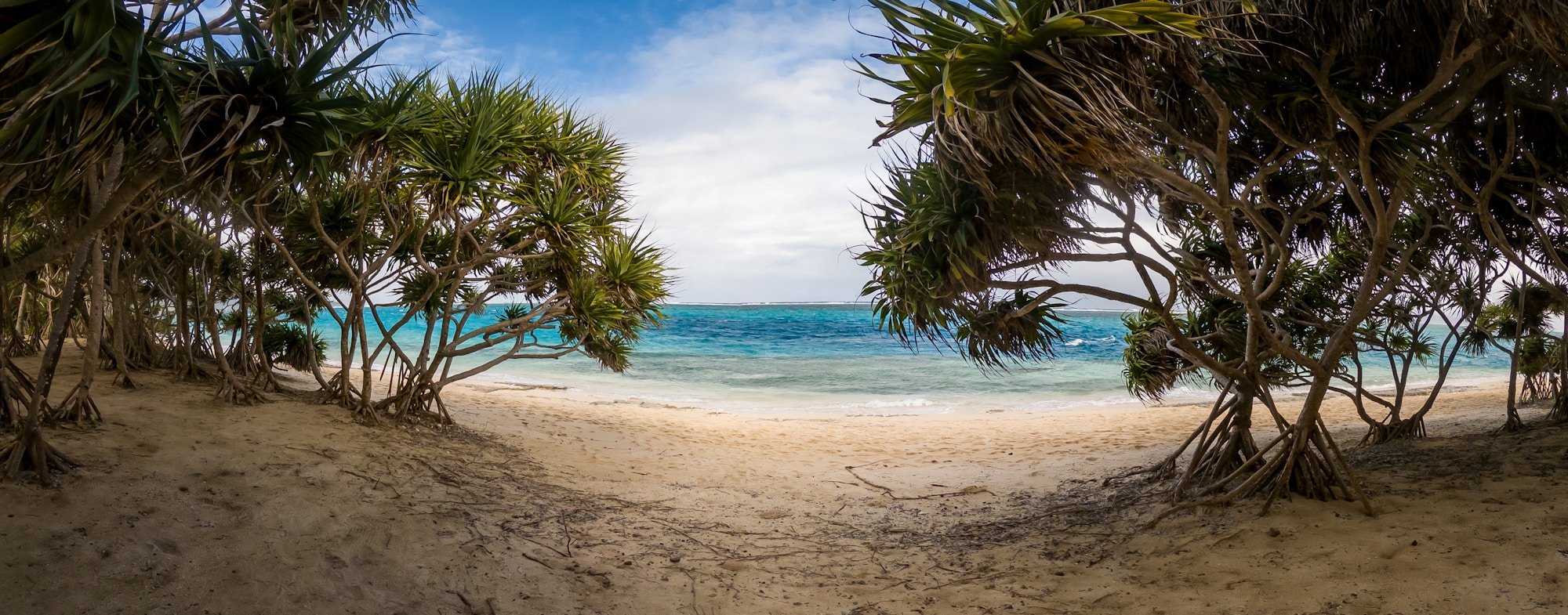Vanuatu Cultural Insights: History, Customs & Festivals

Vanuatu: Cultural Insights
Vanuatu, a unique archipelago in the South Pacific, is known for its stunning natural beauty, rich cultural heritage, and warm hospitality. This travel guide will provide you with insights into the history, customs, and festivals of this enchanting destination.
History
The history of Vanuatu is deeply rooted in its indigenous Melanesian culture. The first settlers arrived more than 3,000 years ago, and their descendants continue to shape the cultural landscape of the islands today. In the 18th century, European explorers reached Vanuatu, and it became a hub for trade and colonial interests.
During World War II, Vanuatu was a strategic military base for Allied forces. The remnants of that era can still be explored in the form of bunkers, airfields, and war relics. In 1980, Vanuatu gained independence from colonial rule, and today, it stands as a proud nation with a vibrant cultural identity.
Customs
The people of Vanuatu are deeply connected to their customs and traditions. Customary practices, known as "kastom," play a significant role in daily life. Respect for elders, communal living, and spirituality are highly valued in Vanuatu society.
One of the most distinctive aspects of Vanuatu's cultural customs is the concept of "nakamal." Nakamals are traditional gathering places where kava, a traditional beverage made from the roots of a pepper plant, is consumed. It is a symbol of friendship, peace, and social cohesion in Vanuatu.
The art of storytelling is also integral to Vanuatu culture. Through myths, legends, and oral traditions, the islanders pass down knowledge from generation to generation. Visitors can immerse themselves in these captivating stories and learn about the island's history, beliefs, and spiritual practices.
Festivals
Vanuatu is known for its vibrant and colorful festivals that showcase the country's cultural diversity. One of the most popular festivals is the Naghol Land Diving, also known as the "land diving ceremony," held on the southern island of Pentecost.
During this breathtaking spectacle, local men dive headfirst from tall wooden towers with vines tied to their ankles. The ritual is believed to ensure a bountiful yam harvest and also serves as a rite of passage for young men.
The Vanuatu Cultural Festival is another highlight of the country's festival calendar. It brings together different communities from across the archipelago to celebrate their unique customs, traditional dances, music, and handicrafts. Visitors can witness mesmerizing performances and sample mouthwatering traditional dishes.
The Toka Festival is an event that showcases the strength and skill of Vanuatu's men through traditional games and challenges. From canoe races and spear throwing to tree climbing tournaments, this festival is an opportunity to witness the islanders' physical prowess and competitive spirit.
Conclusion
Vanuatu is a destination rich in history, customs, and festivals. By immersing yourself in the local culture, you will gain a deeper understanding of the island's identity and the people who call it home. From kava ceremonies and storytelling sessions to jaw-dropping land diving rituals, Vanuatu offers a truly immersive and authentic cultural experience.
